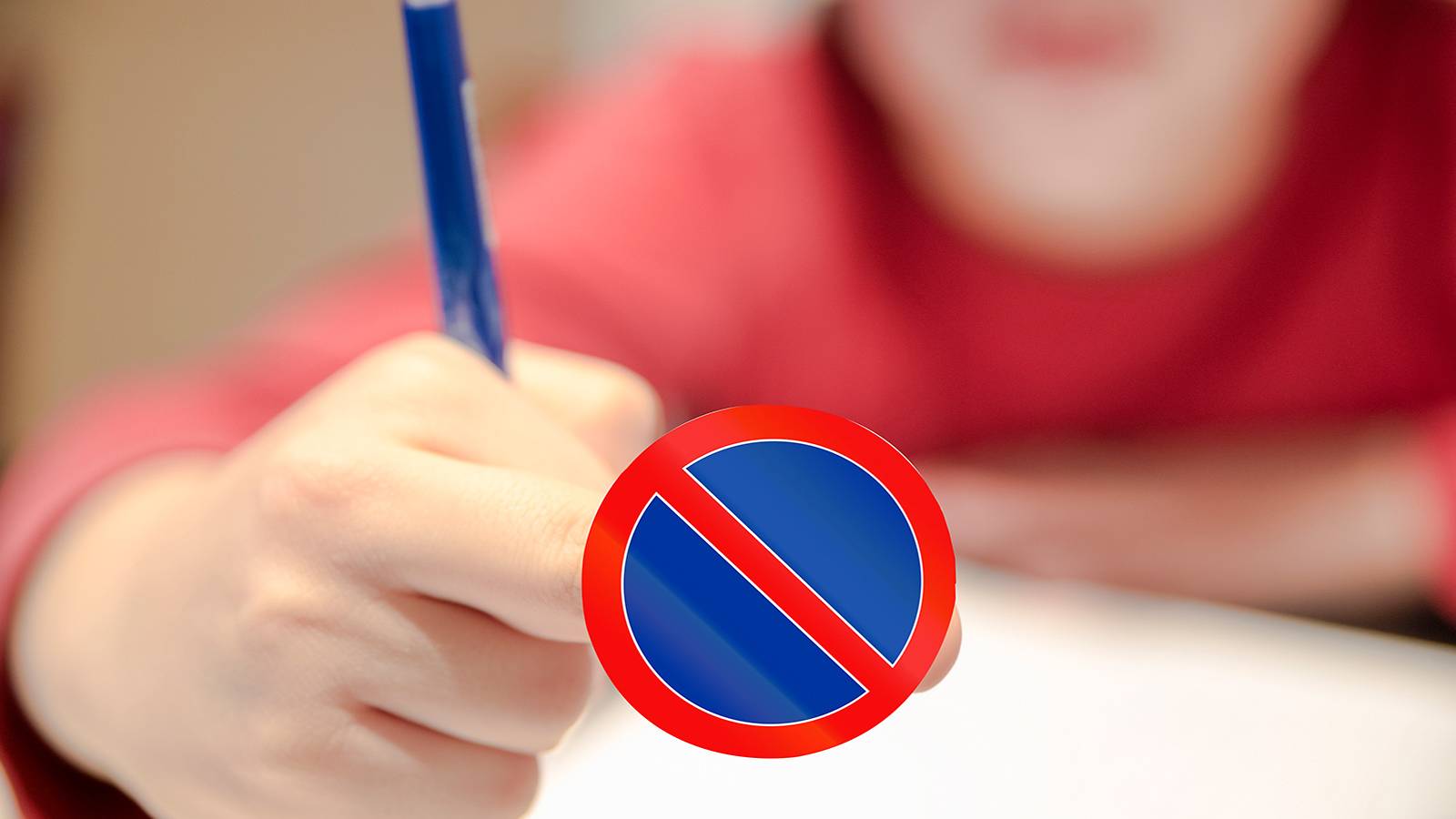Making obscene gestures isn’t just rude, it is a sign of aggression. We have tips on correcting your kid’s bad behaviour...

Your child constantly models the behaviour he observes and learns from you and others around him — and that includes the Internet and social media.
Insights Mind Centre psychologist Daniel Koh notes that because of social media, young people can see how vulgar words and gestures are used both verbally and visually. “Being impressionable, children may learn from what is being shown [online] and think that it can be applied to other areas [in real life].”
How you react as a parent lets your child know if his behaviour is acceptable or not. Three experts, including Daniel Koh, digital literacy educator Carol Loi, a parent coach at SgVillage, and Dr Lim Boon Leng, a psychiatrist at Dr BL Lim Centre for Psychological Wellness, offer tips on handling your brash kid:
1) Remain calm and collected If you laugh or get angry or upset when you catch your kiddo making an inappropriate gesture, they might just be encouraged to do it again. Dr Lim says, “Don’t encourage it by [reacting] as if it’s cute.” Losing your temper or laughing at your child may tempt them to do it again as they’ll know which “buttons” to push to get you to react.
How you react as a parent lets your child know if his behaviour is acceptable or not.
2) Discuss the reasons and consequences of rude behaviour Loi suggests that the discussion should also focus on your family’s values as these determine behaviour and the boundaries you set. Questions to ask junior during the discussion could include:
* What do you think the gesture means?
* Why do people use this gesture? Do you use this gesture? Why, or why not?
* What do you do when your friends use it around you?
* What can you do in future if you see such behaviour around you?
Dr Lim adds, “Spell out clearly and communicate to your child the consequences of displaying this behaviour.” You can do so by having an open discussion about what it means to make these signs and the implications of getting caught.
3) Don’t take matters into your own hands If your child learned how to make the gesture from a classmate in school, Koh advises that you teach your child how to handle the situation on his own, instead of notifying his teacher on his behalf. “Discuss with your child to approach the teacher if they are affected by the student’s behaviour, so that the school can [counsel] the student in private.” Remember, you won’t be doing your child any favours by handling conflicts for him.
4) Punishment isn’t always the solution You may think that if your child fears the consequences of his actions, he’s less likely to repeat it. However, Koh points out punishing them may seem effective in the short-term, but the effects won’t last. Agreeing, Dr Lim adds, “It is even more important to discuss with the child and educate him on why doing [what he just did], is wrong.”

5) Be consistent in your responses If you are okay with his rude behaviour in private but not okay with him doing it in public, you’re sending junior mixed messages. So, you should call your kiddo out on his bad manners, whether in public or private. Tell him that his rude behaviour is unbecoming and will not be tolerated.
6) Monitor his use of media and the Internet Try to be present whenever he’s using his gadgets. Better yet, restrict the use of devices to the living area, so that you can keep an eye on his surfing habits.
“It is more important for parents to be good role models by not swearing or making vulgar signs themselves.”
7) Seize teachable moments from examples you come across Talk about news stories or drama plotlines that include a person who’s displaying bad manners or is being rude. Koh suggests using personal encounters as a teaching tool. “Parents need to know how much their child understood from observing an example by discussing it. So, ask your child what the behaviour means.” This way, you can correct his understanding and explain why making the rude sign is wrong.
8) Lead by example Dr Lim notes it’s difficult for parents to try and prevent their child from learning these inappropriate behaviours on the Internet. “It is more important for parents to be good role models by not swearing or making vulgar signs themselves.” Koh also notes that if you also display rude gestures, it would not only seem normal for junior to do the same, it also goes against what you are teaching him.
Photos: iStock
Like us on Facebook and check SmartParents regularly for the latest reads!
Elsewhere on SmartParents.sg…

